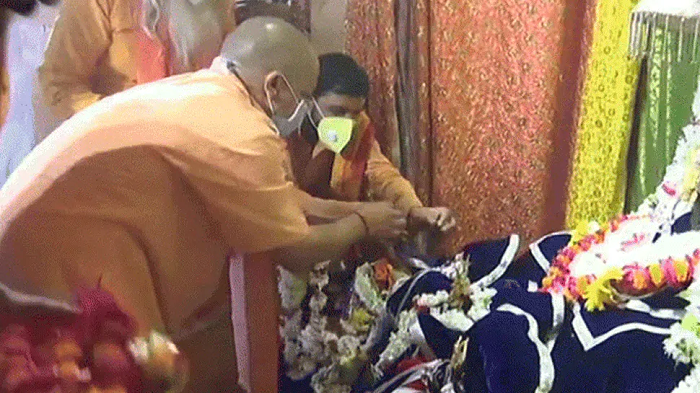Srinagar, Jan 15: The Jammu and Kashmir administration on Tuesday evening allowed mobile Internet in parts of Jammu region and broadband in establishments providing essential services, days after the Supreme Court ordered a review of the curbs imposed in the Union Territory.
The order comes into effect from January 15 and shall remain in force for seven days, a government communication said.
In a three-page order, the administration asked Internet service providers to offer broadband facility (with Mac binding) to all institutions dealing with essential services such as hospitals, banks and government offices.
In order to facilitate tourism, the broadband Internet services would be provided to hotels and tour and travel establishments, the order said.
Mac Binding essentially means to enforce a client machine to work from a particular Internet Protocol address.
"Prior to giving such facility, the service providers have been asked to install necessary firewalls and carry out white-listing of sites that would enable government websites and website dealing with essential services like e-banking," the order said.
However, all social media sites remain out of bounds. "There shall be complete restrictions on social media applications allowing peer-to-peer communication and virtual private network applications for the time being," the order said.
The institutions and government offices that are being provided Internet access shall be responsible to prevent misuse, according to the order.
It said the 2G mobile connectivity on post-paid mobiles for accessing white-listed websites including e-banking will be allowed in districts of Jammu, Samba, Kathua, Udhampur and Reasi -- all in the Jammu region.
The order said that the police has brought material relating to the terror modules operating in Jammu and Kashmir including handlers from across the border who are attempting to aid and incite people by transmission of fake news and targeted messages through use of Internet.
The relaxation came days after the Supreme Court said access to the Internet is a fundamental right under Article 19 of the Constitution.
The SC verdict had come on Friday on a batch of pleas challenging the curbs imposed in Jammu and Kashmir after the Centre's abrogation of provisions of Article 370 on August 5 last year.
The court had also asked the Jammu and Kashmir administration to review within a week all orders imposing curbs in the Union Territory.
It had asked the J-K administration to restore Internet services in institutions such as hospitals and educational places providing essential services.
The J-K administration's Tuesday communication said that in view of the Supreme Court directions, the situation has been reviewed and Internet has been opened whereever it was possible keeping in view the security consideration.
In Kashmir, 400 additional Internet kiosks will be established, besides the 900 terminals which are already operational in the Valley.






Comments
Add new comment